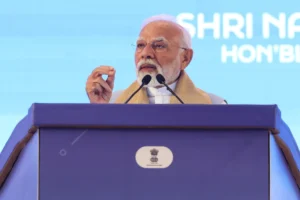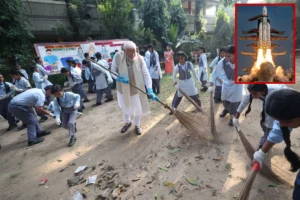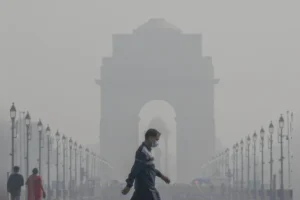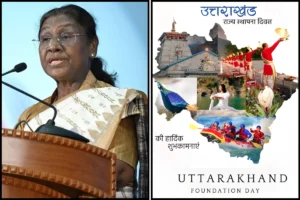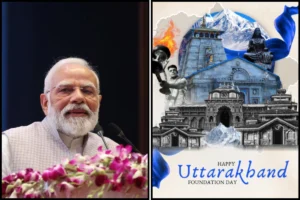
Representative Image
Two Russian journalists, Konstantin Gabov and Sergey Karelin, have been detained on charges of “extremism,” adding to the ongoing crackdown on dissenting voices in Russia, as reported by CNN.
Gabov and Karelin are accused of having ties to a group associated with the late Russian opposition figure, Alexey Navalny, and contributing to his influential YouTube channel, “NavalnyLIVE,” renowned for its exposés on Kremlin corruption, which garnered millions of viewers.
Russian authorities have labeled Navalny and his organizations as “extremist,” leading to the imprisonment of his associates and the exile of many others.
Gabov, identified as a producer for Reuters news agency, is alleged to have been involved in the production of visual content for the YouTube channel, according to Moscow’s Basmanny District Court. He faces detention until June 27.
Karelin, who was apprehended in Russia’s Murmansk region, stands accused of “participation in an extremist organization.” He has a journalistic background, having previously worked for outlets like the Associated Press (AP) and Deutsche Welle (DW), before the latter was banned in Russia in 2022. Photographs from a Murmansk court depict Karelin, who holds dual Russian-Israeli citizenship, seated in a glass enclosure during his hearing.
The detention of Gabov and Karelin underscores the broader crackdown on journalists and Kremlin critics in Russia. President Vladimir Putin’s administration has escalated efforts to suppress dissent, especially following the invasion of Ukraine.
In a recent development, Sergey Mingazov, a journalist for Forbes, was placed under house arrest for allegedly spreading false information about the Russian military.
Navalny, once Putin’s primary political rival, died in custody while serving a lengthy sentence on extremism charges. His family and supporters have accused the Kremlin of complicity in his death, a claim vehemently denied by Russian authorities.
The detention of Gabov and Karelin adds to concerns about the erosion of press freedom and human rights in Russia, signaling a troubling trend of stifling dissent and independent journalism in the country.
Also Read: Afghanistan’s Humanitarian Crisis Deepens: World Food Programme Provides Aid to Six Million
To read more such news, download Bharat Express news apps









